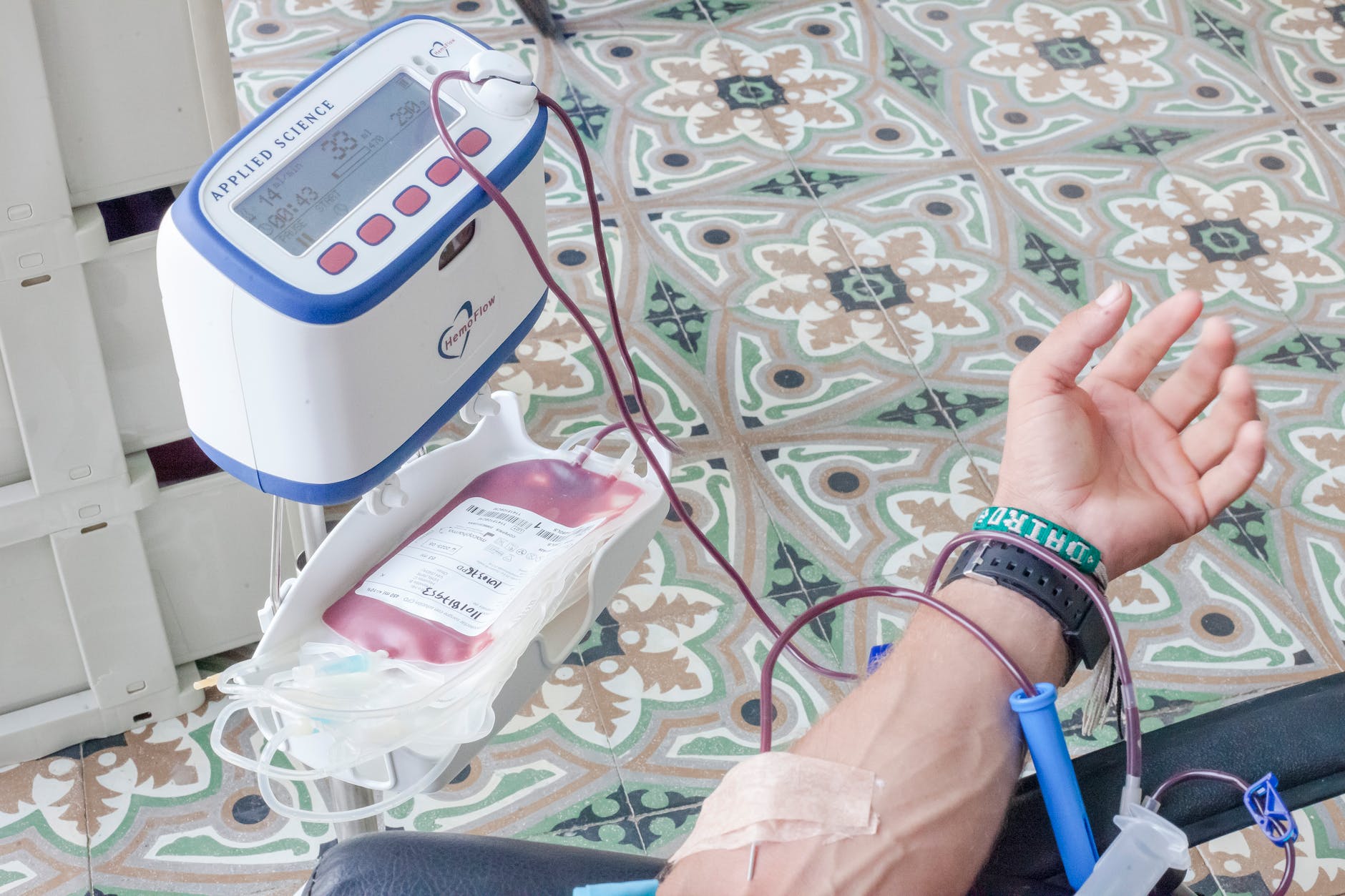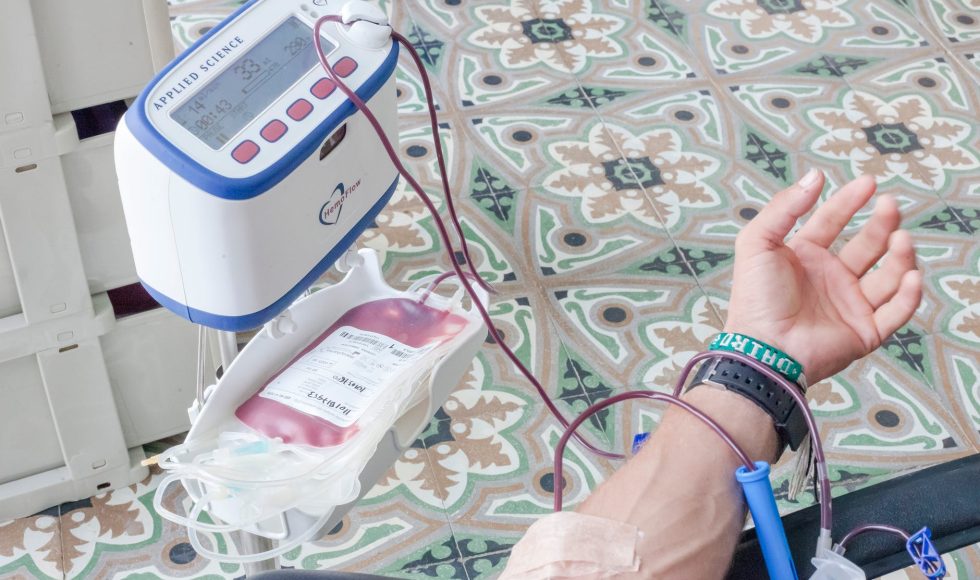Tonight I watched a short London Calling 2023 session entitled “The dark side of carrier screening: illuminating hard-to-decipher genes in common genetic disorders with nanopore sequencing.” Bradley Hall from Asuragen in the US was the presenter. Hall is the director of research in Asuragen. They spoke about how carrier screening has evolved and more genes have been added to panels. The guidelines, Hall said, continue to change too. Panels typically are processed by specialized labs, and the sample is a blood draw.
One slide had the title: “everyone is a genetic carrier of a disease or condition” noting that there are >2000 genetic disorders! The ACMG recommends a 113-gene panel for carrier testing. Hall explained that the top genes are typically challenging for short read sequencing because of structure variants, for example. Because of this, some labs have to run multiple non-NGS methods to resolve. For example, a lab may need to be able to do multiple assays for a sample. The Asuragen team aims to create a panel that has eleven genes and uses Amplidex PCR enrichment before Nanopore sequencing. The workflow will include bioinformatics resources and provide “sample-to-answer” in three days. Asuragen is working on evaluating performance by testing on whole blood and cell line samples across multiple sample types and variants.



